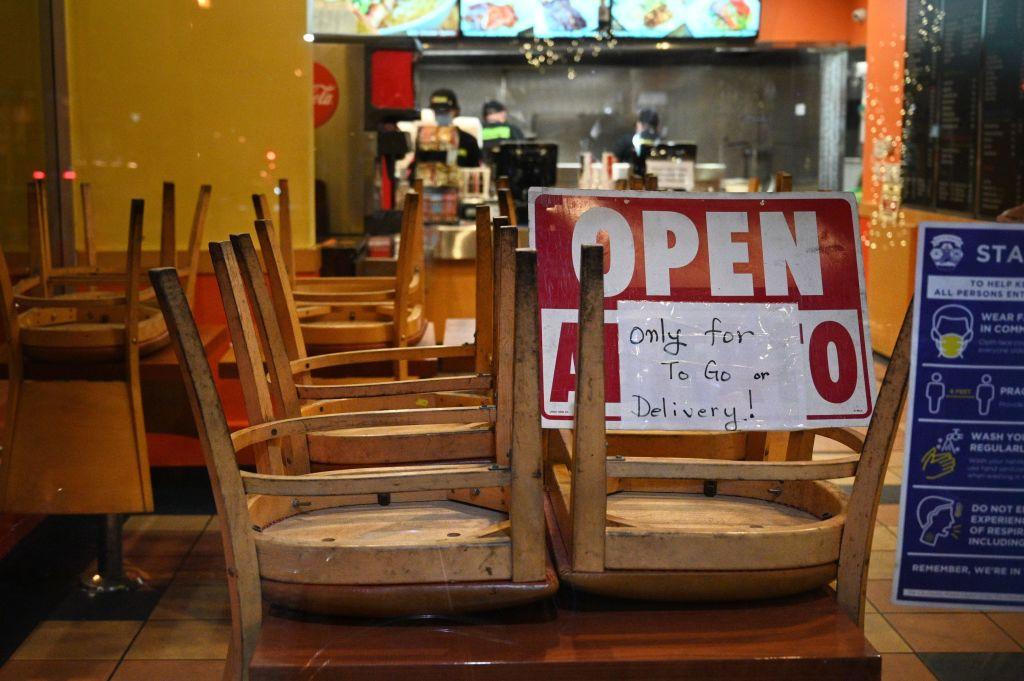WASHINGTON—Most U.S. small-business owners fear that the worst of the pandemic’s economic impact is still to come, and half of them believe their operations can survive for a year or less before closing permanently, according to a new survey.
The pandemic and resulting economic crisis have hit small businesses the hardest. And a recent poll by the U.S. Chamber of Commerce and MetLife showed that the majority of business owners are concerned about the current economic environment due to the surge in virus cases and its impact on consumer spending.





